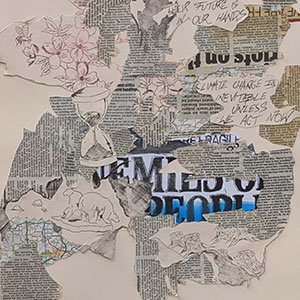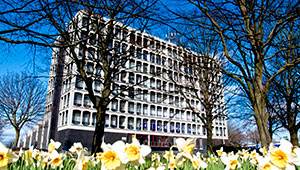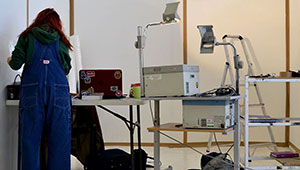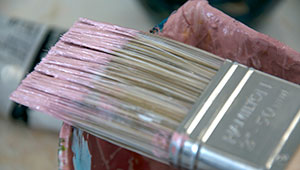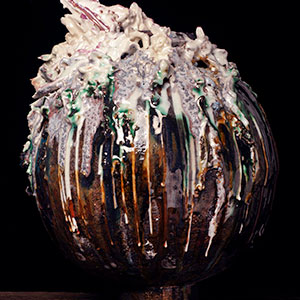
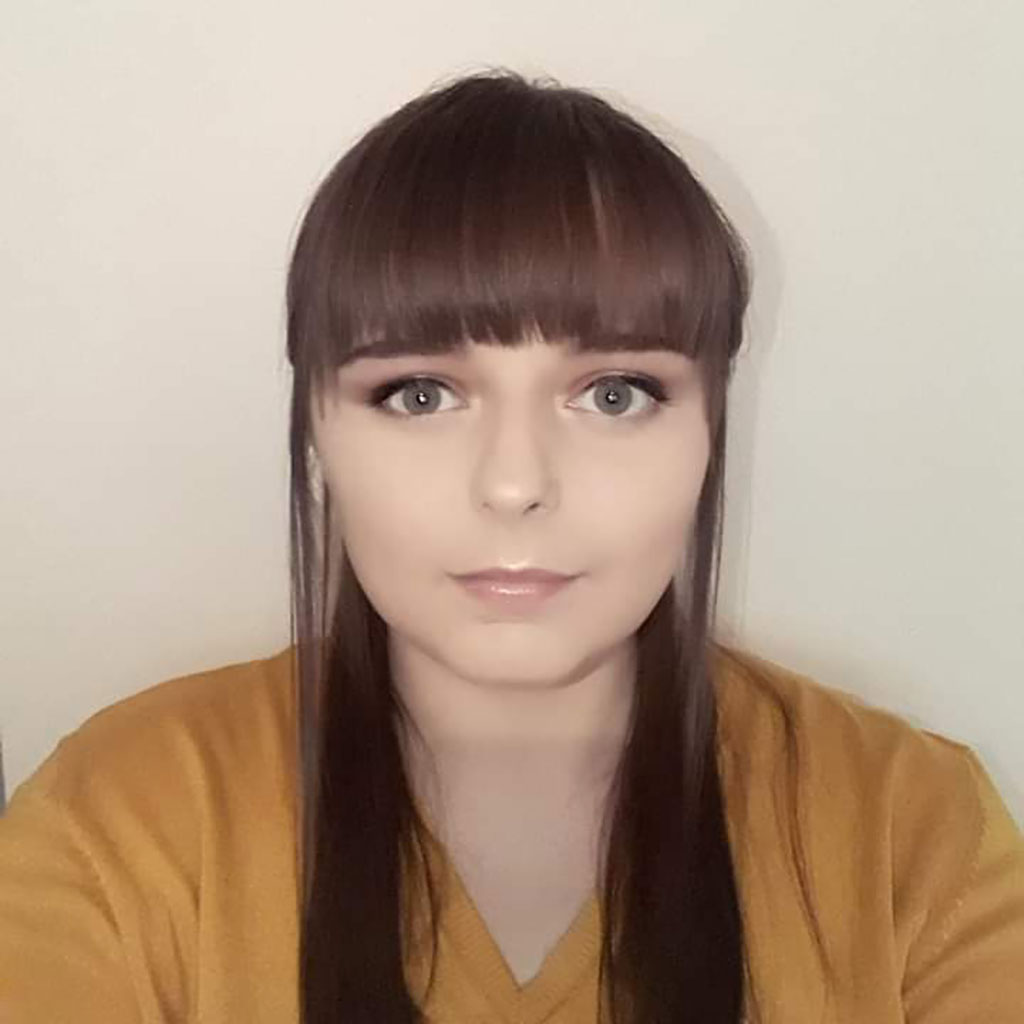
Kia May Page
- Course BA (Hons) Fine Art
- KiaMay1999@Hotmail.com
- https://kiamay1999.wixsite.com/kiamay-artist/portfolio
"Kia May is a multi-media artist based in Wolverhampton. Their practice has explored a depth of social themes, whose work currently focuses on 'childhood', 'the inner child' - and specifically the death of the inner child. Through the use of sculpture, installation and distortion, they are able to create manifestations of the mental challenges and trauma which affects the transition from childhood to adulthood."
Kia May is a multi-media artist based in Wolverhampton. Their practice has explored a depth of social themes, whose work currently focuses on 'childhood', 'the inner child' - and specifically the death of the inner child. Through the use of sculpture, installation and distortion, they are able to create manifestations of the mental challenges and trauma which affects the transition from childhood to adulthood. They take into consideration the psychological coping mechanisms commonly seen in children, and how trauma and pivotal moments of a person’s childhood affect the recollection of their memories. Interested in the concept of children's anthropomorphism of inanimate objects, they use these soft toys, blankets and toy stuffing to evoke a sense of empathy from the viewer and also catalyse an inquiry into the stories behind these objects and why they are now presented in this grotesque yet wistful manner. This contributes to May’s captivation of the concept of ‘mono no aware’, an important term in Japanese culture, roughly translating to a bitter and melancholic awareness that everything in existence is only temporary and an empathy towards things. Though the visual imagery of toys remains a constant throughout their practice, they also adopt other means of nostalgic mediation, such as photographs and audio within their work. Although the project resonates profoundly with May’s own personal experiences, they also draw inspiration from story-telling, poetry, musical lyricism and cinematography to create an experience for the viewer in which they do not feel like an outsider, but a participant (whether a reflection of their own or others experiences) in the exploration of the mental development from childhood to adulthood. May aims to evoke a melancholic response from how these objects commonly associated with comfort and security are presented in a disturbing juxtaposition of comforting and unnerving, whilst also reminiscing/questioning the experiences of the progression from childhood to adulthood… and what monsters they create.
Fine Art, Glass and Ceramics
Andrea Clarke / Emily Jane Gloss / Fiona Moore / Hannah Rollason / Joshua Mirabueno / Kia May Page / Konstantinos Valkanos / Lisa Edwards / Sarah Hannah Pugh / Susan Poole / Tamar (Nikki) Palmer / William Mistouflet
Wolverhampton School of Art MA Show 2021
Friday 17th September – Sunday 3rd October: Wolverhampton Art Gallery, Lichfield St, Wolverhampton WV1 1DU
MA Design and Applied Arts / MA Digital And Visual Communications
Friday 1st – Sunday 31st October: The New Art Gallery Walsall, Gallery Sq, Walsall WS2 8LG
MA Fine Art And / MA Art and Design by Research
it is a great pleasure that we are once again partnering with Wolverhampton Art Gallery and the New Art Gallery Walsall in hosting our MA Degree Shows.
British Art Show 9
22 January - 10 April 2022
We are delighted to announce that the Wolverhampton School of Art has been selected as one of the venues for the prestigious British Art Show 9! In what is a major boost and sign of recognition for arts and culture in Wolverhampton, we are proud to be hosting this prestigious touring exhibition in January 2022.
FEINART Lecture Series
The FEINART LECTURE SERIES will discuss the role, impact, and theoretical implications of socially engaged art. This series of public talks is organized by the Innovative Training Network FEINART (The Future of European Independent Art Spaces in a Period of Socially Engaged Art) jointly led by the Universities of Wolverhampton (coordinator), Zeppelin University (direction of the training programme) University Iceland, and University of Edinburgh.

This project has received funding from the European Union’s Horizon 2020 research and innovation programme under the Marie Skłodowska-Curie grant agreement No 860306


/prod01/wlvacuk/media/departments/media-and-communications/images-18-19/220325-Engineers_teach_thumbail.jpg)
/prod01/wlvacuk/media/departments/media-and-communications/images-18-19/BBR_logo_large.jpg)
/prod01/wlvacuk/media/departments/media-and-communications/images-18-19/Wolves-Story-Thumb.jpg)
/prod01/wlvacuk/media/departments/media-and-communications/images-18-19/220505-BAS9-School-Showcase-Resized.jpg)
/prod01/wlvacuk/media/departments/business-solutions/images/banners/business-we-back-you-500x250.jpg)
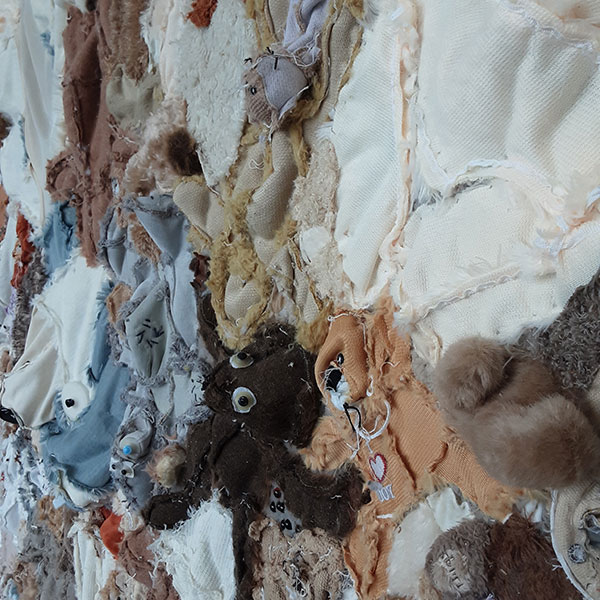
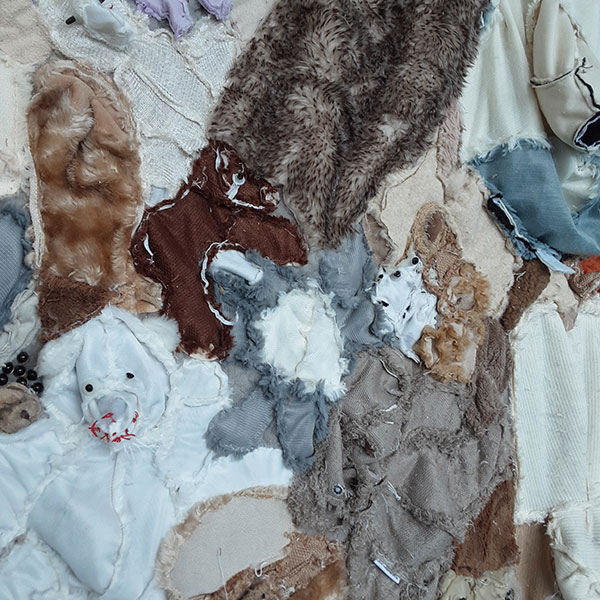
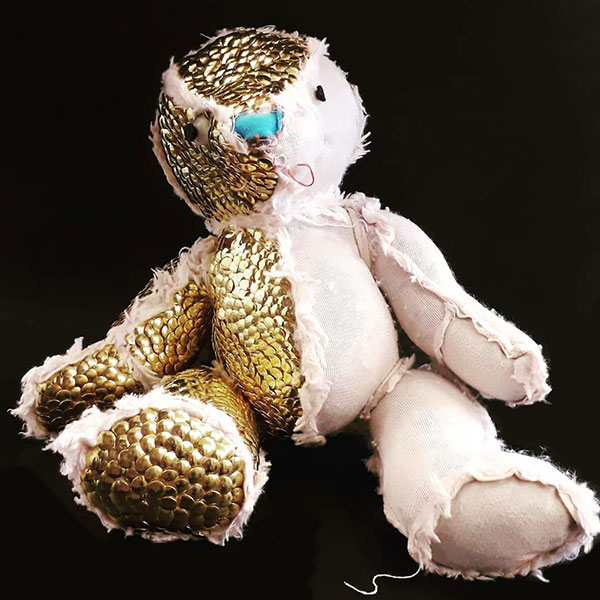
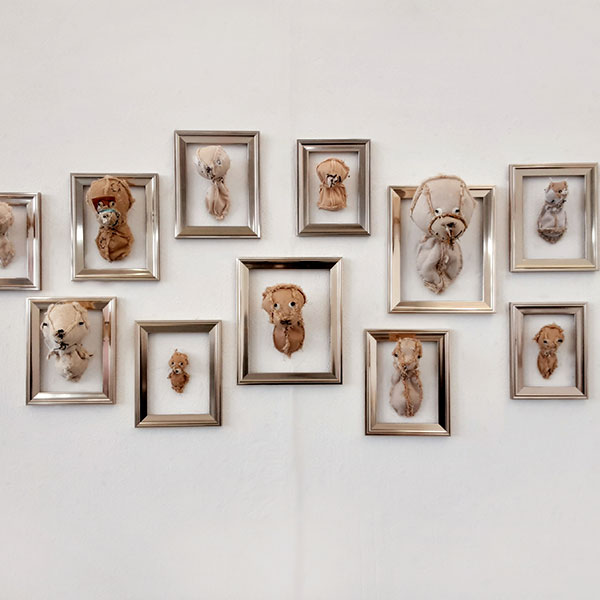
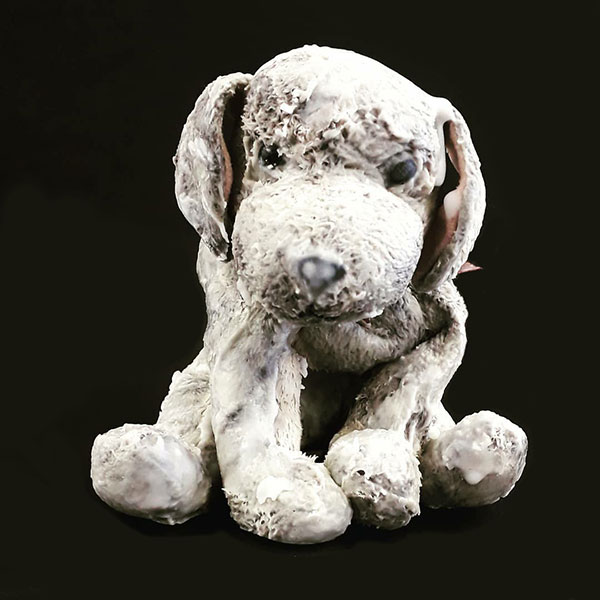
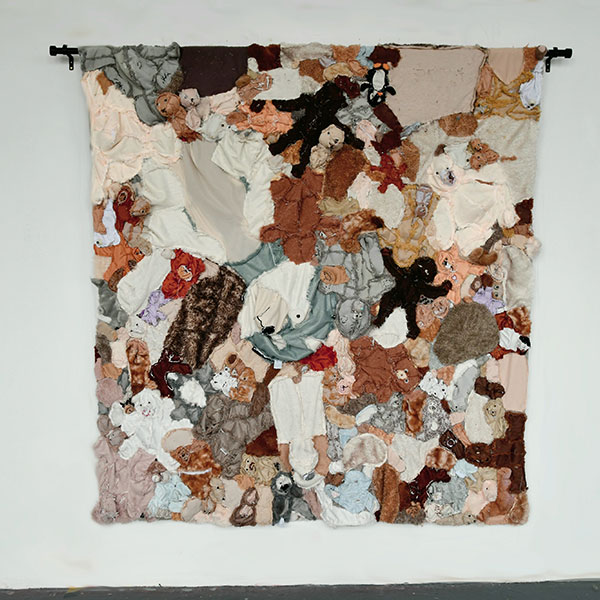
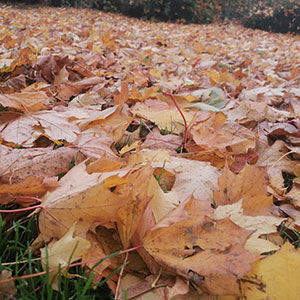
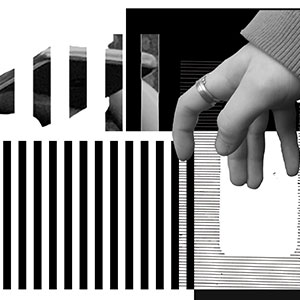
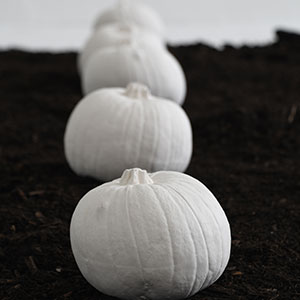
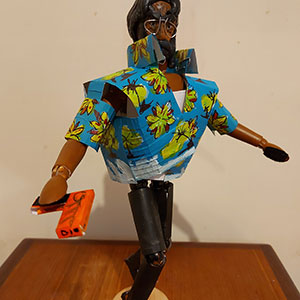

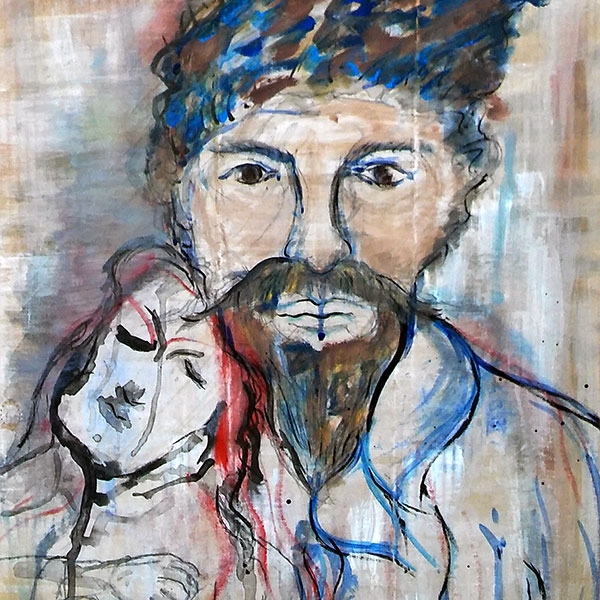
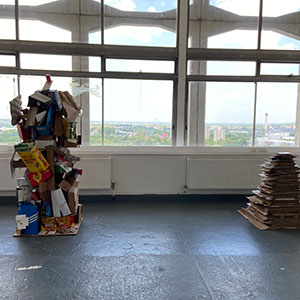
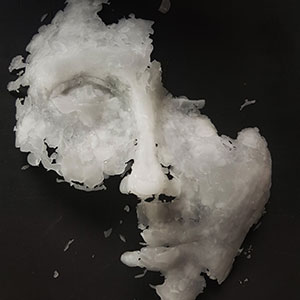
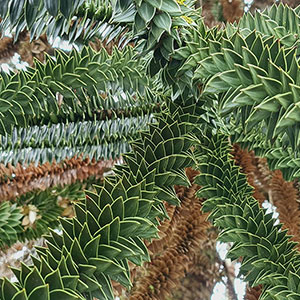
.jpg)
